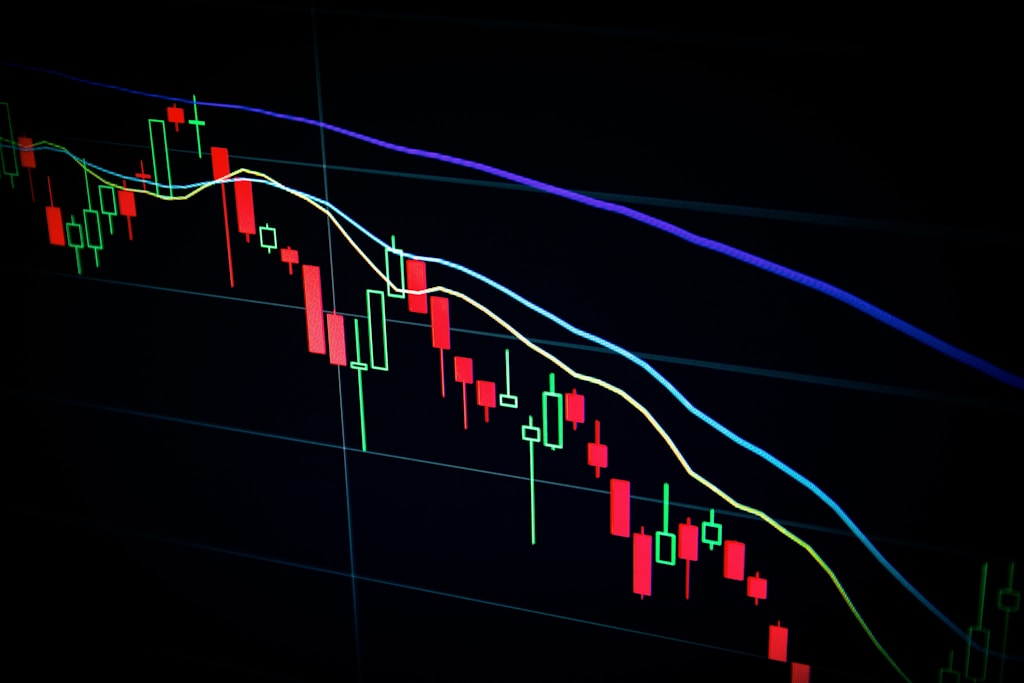Ripple’s Historic SEC Victory Sparks XRP ETF Race
Ripple secures historic victory as SEC drops case, XRP surges 12%. Major implications for crypto regulation and ETF approval pathway now clear.

In a landmark victory for the cryptocurrency industry, Ripple Labs has emerged triumphant as the SEC officially drops its long-running legal battle against the blockchain payments giant. This development marks a pivotal moment for both Ripple and the broader crypto regulatory landscape.
Breaking Down the SEC’s Surrender
Ripple CEO Brad Garlinghouse announced the momentous conclusion through a compelling four-minute video statement, declaring “this case has ended, it’s over.” The case, which began under former SEC Chair Gary Gensler’s leadership, had alleged that Ripple conducted an unregistered securities offering worth $1.3 billion through XRP sales since 2013.
This resolution connects directly with recent predictions of massive XRP price appreciation, as regulatory clarity often precedes significant market movements.
Key Implications for the Crypto Industry
- Regulatory Precedent: The case’s resolution establishes crucial precedent for other crypto assets
- XRP Classification: Confirmation that XRP doesn’t qualify as a security under the Howey Test
- Market Impact: 12% price surge following the announcement, pushing XRP above $2.4
- ETF Potential: Cleared pathway for XRP ETF applications
Market Response and Future Outlook
The immediate market reaction saw XRP’s value surge by nearly 12%, recovering from February’s dip to $1.7 and establishing new support above $2.4. This price action reflects renewed investor confidence and could signal the start of a sustained rally.
The Road Ahead for Ripple and XRP
With regulatory clarity achieved, Ripple can now focus on expanding its payment solutions globally. Major asset managers are already preparing XRP ETF applications, potentially opening the asset to institutional investors. The company’s victory could also influence ongoing SEC cases against other crypto firms, potentially reshaping the regulatory landscape.
Source: Bitcoinist



